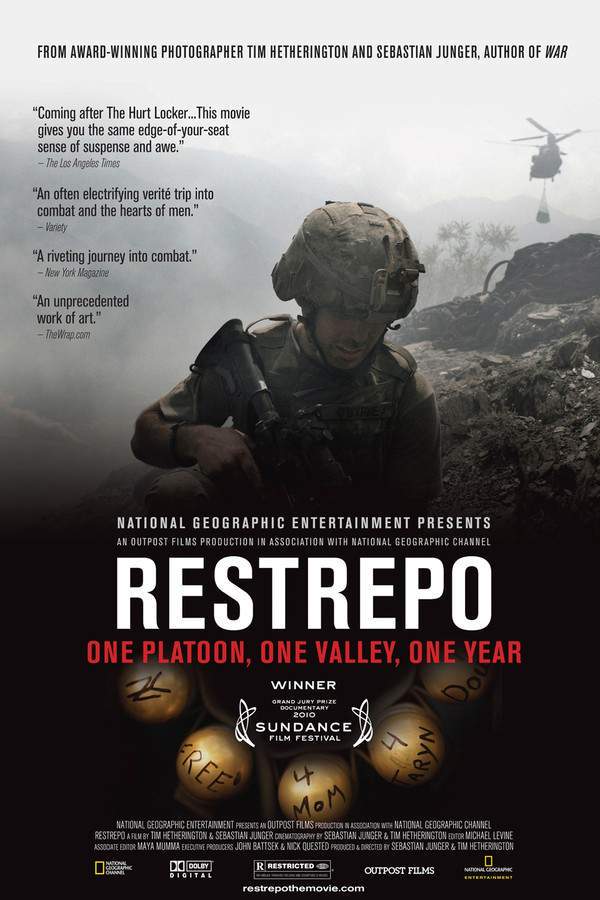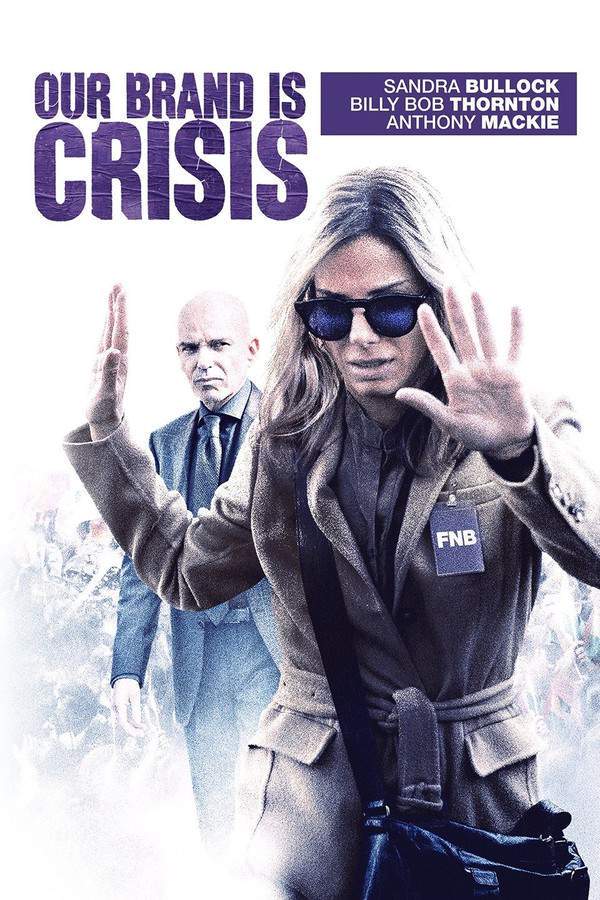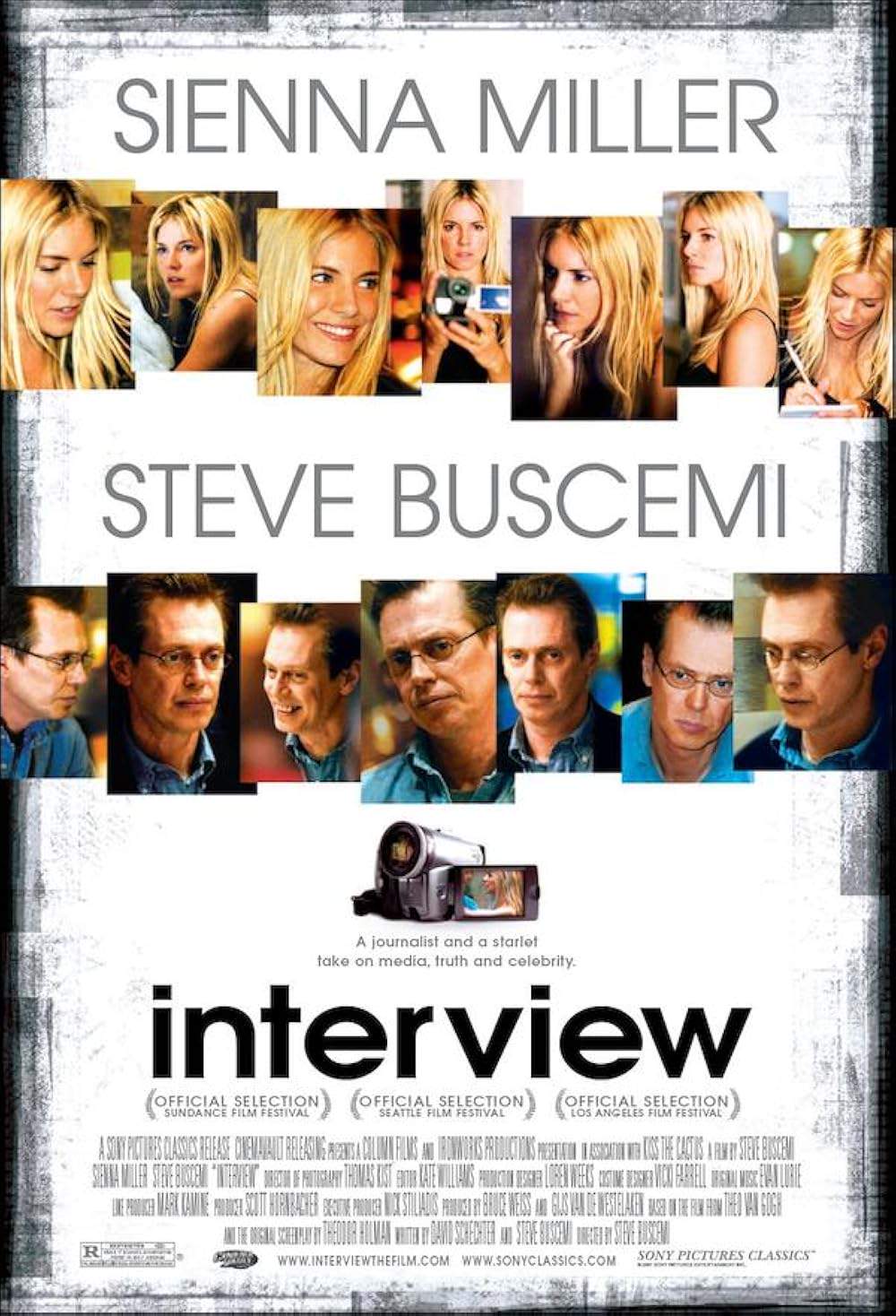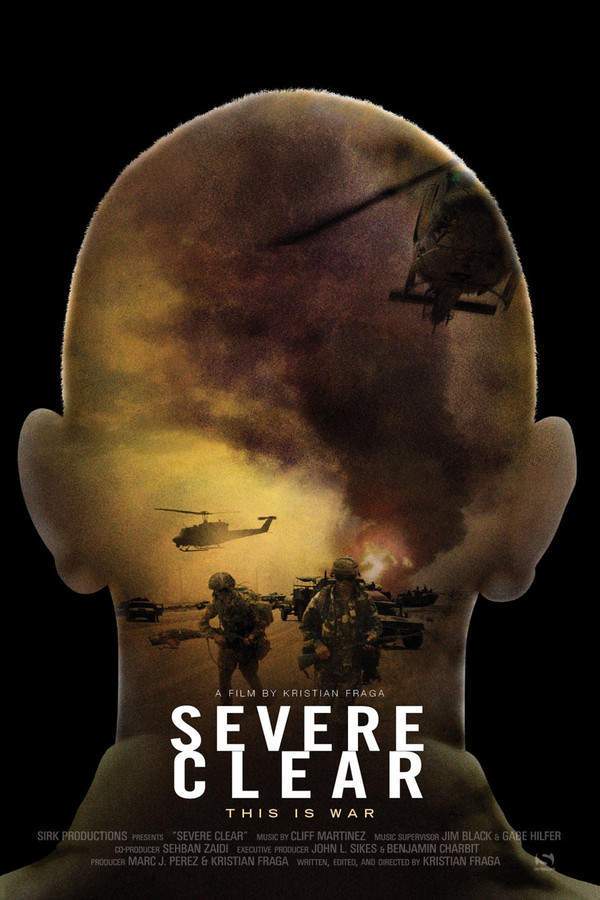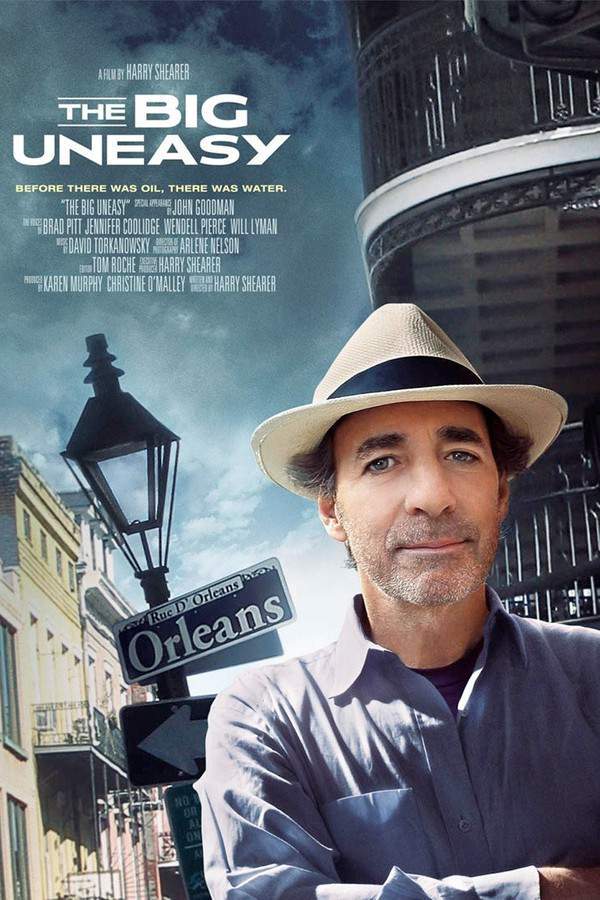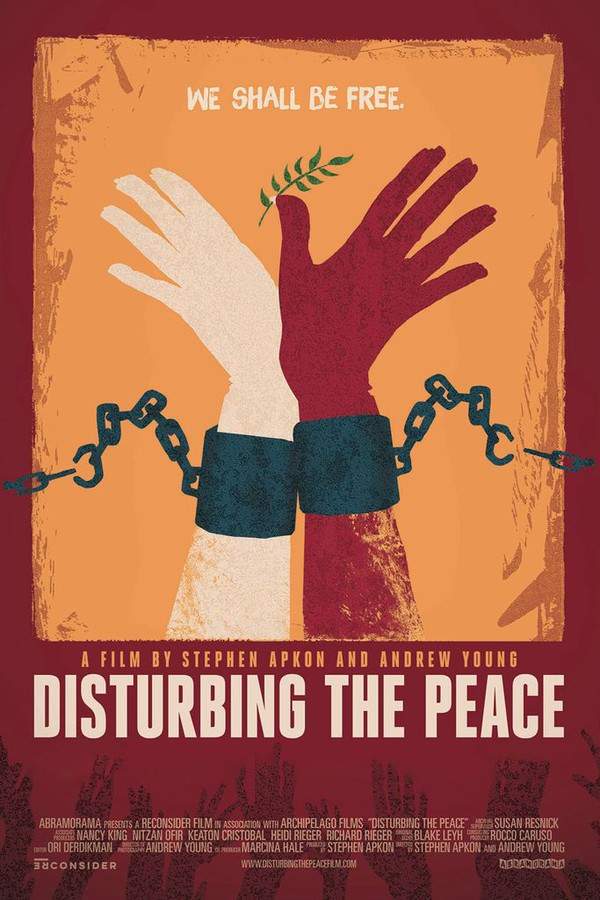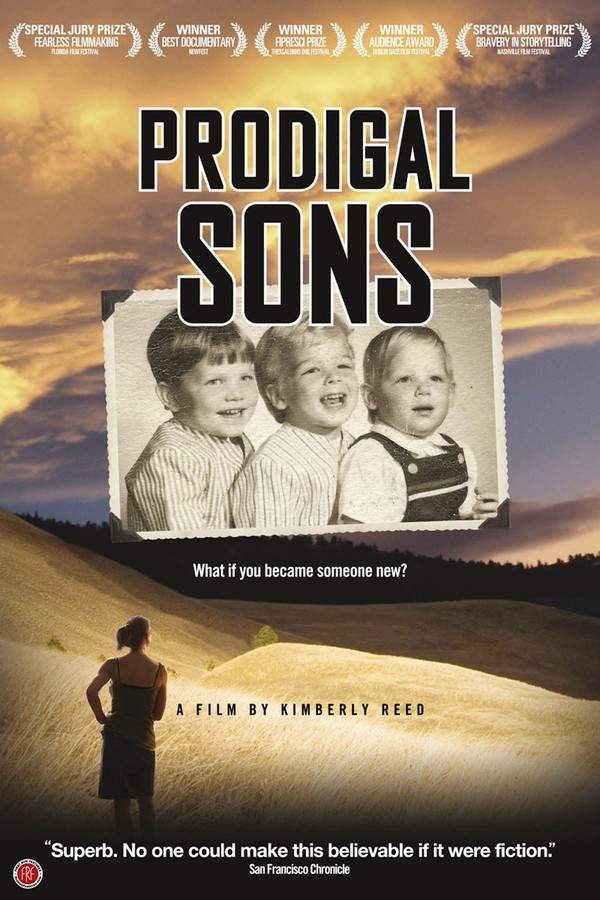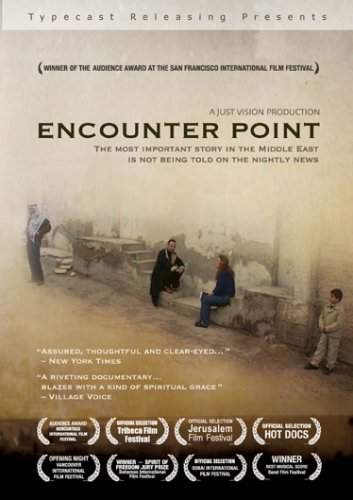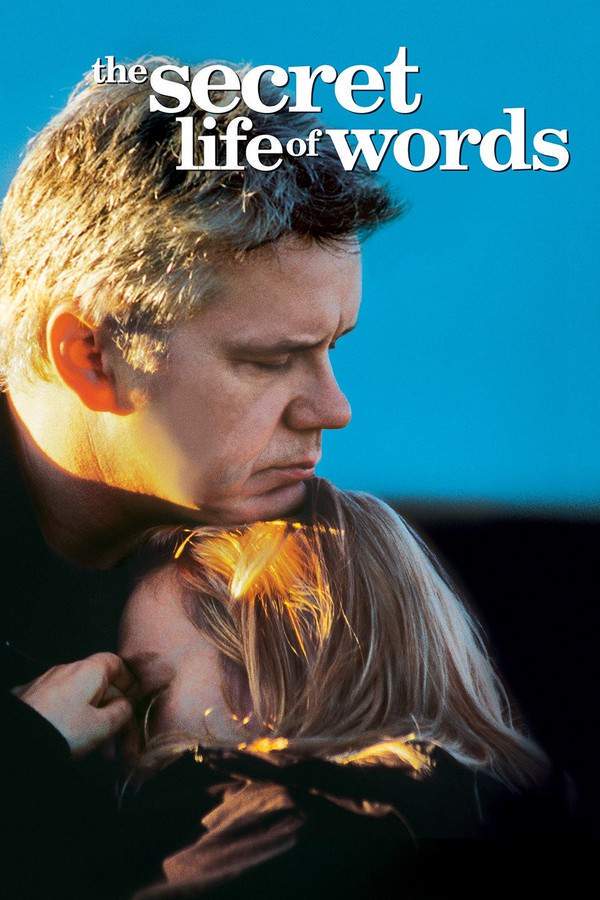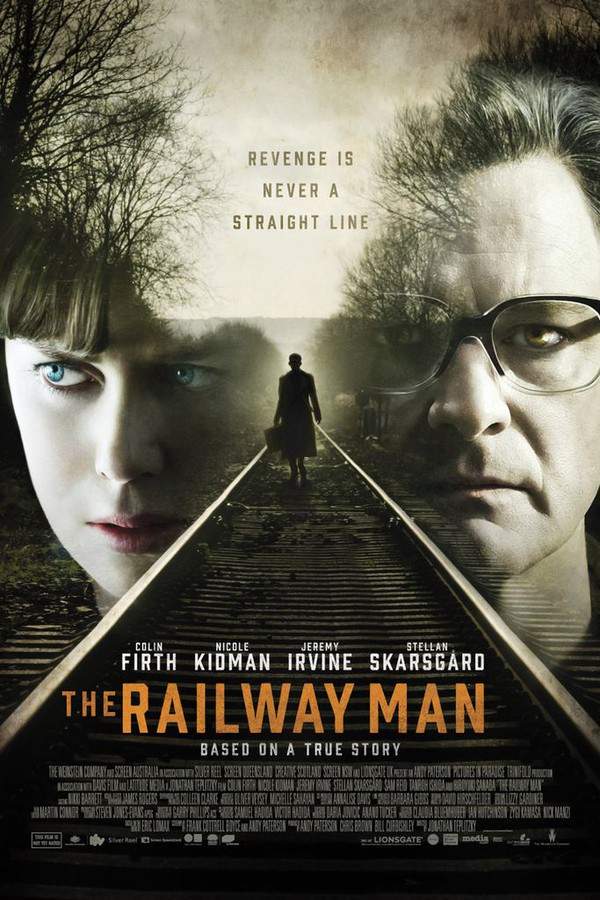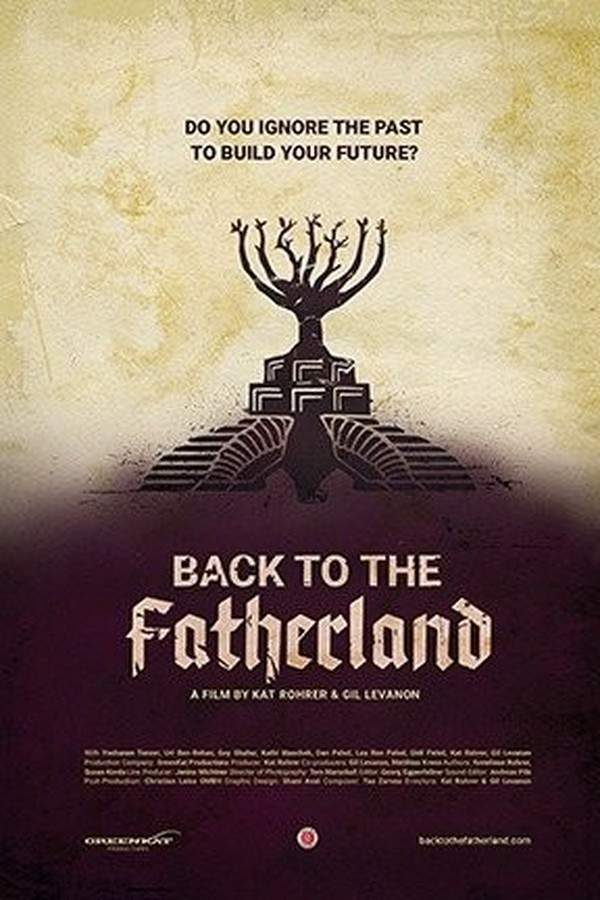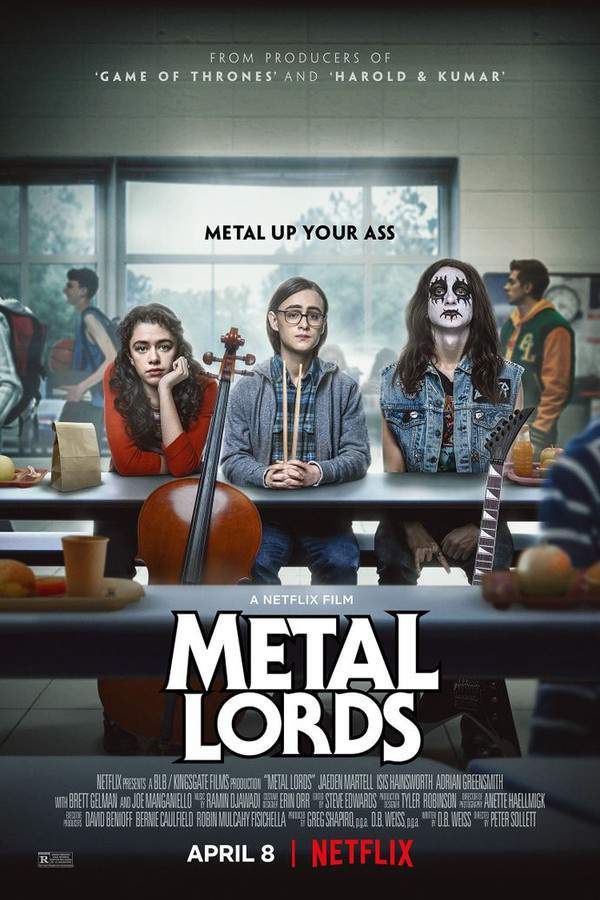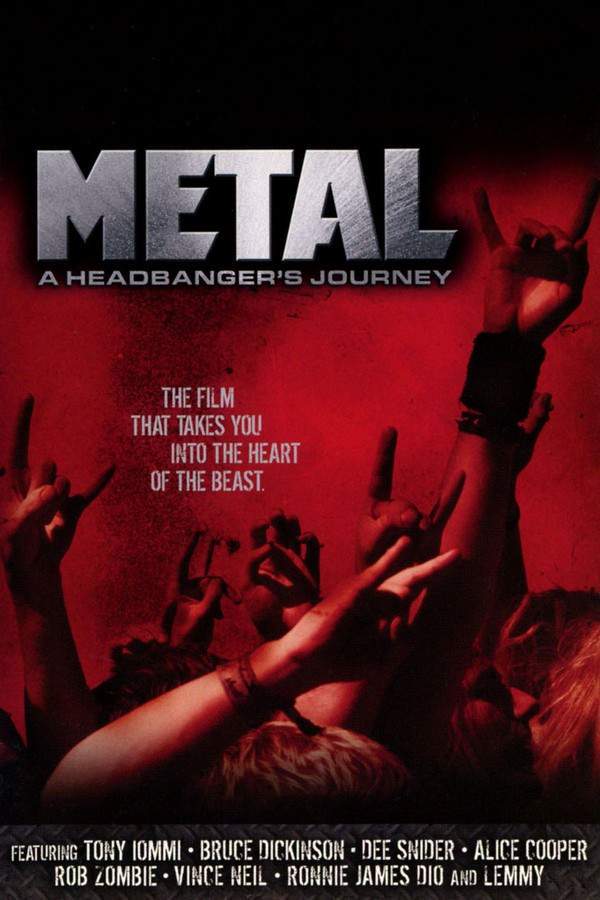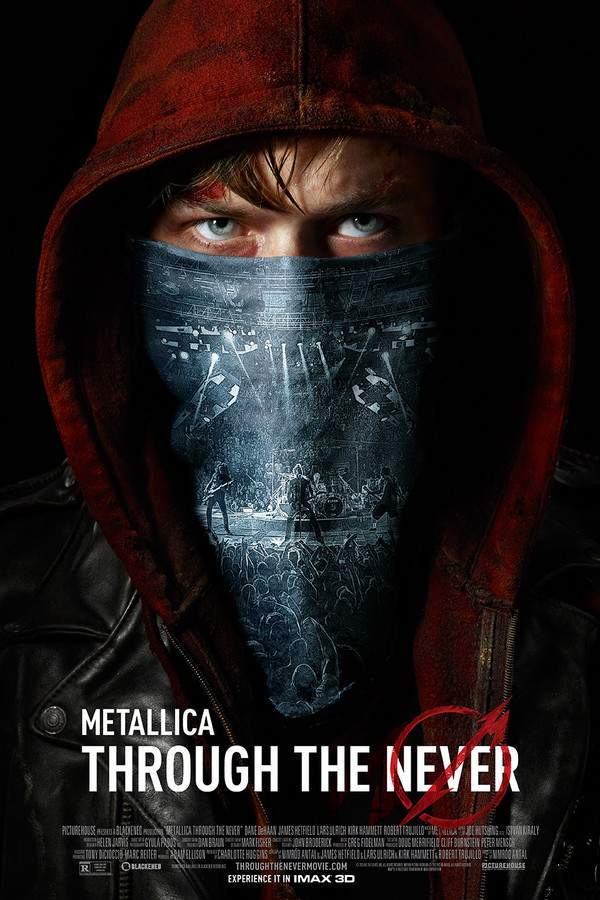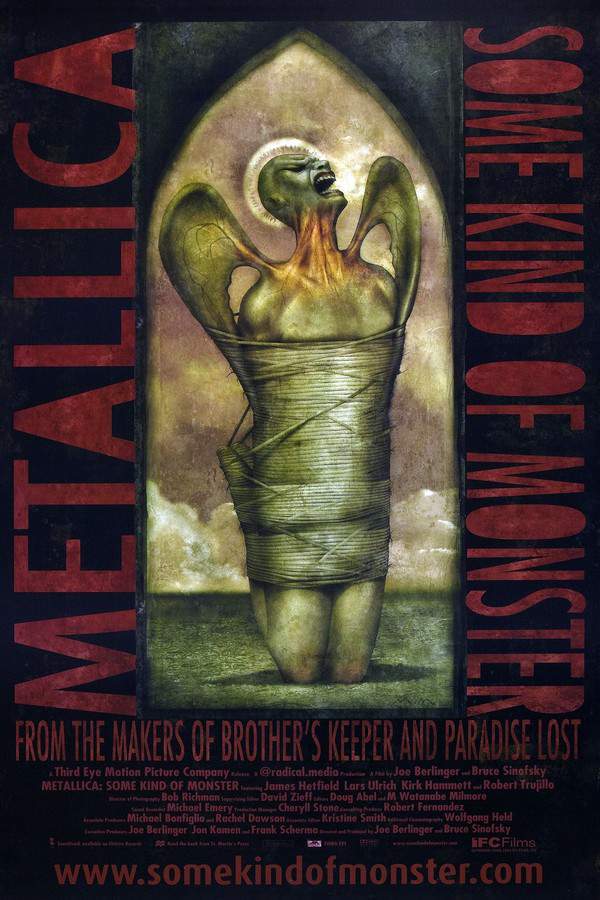
Metallica: Some Kind of Monster
Year: 2004
Runtime: 141 min
Language: English
Directors: Bruce Sinofsky, Joe Berlinger
Following the departure of bassist Jason Newsted, the iconic heavy metal band Metallica documented their efforts to navigate a period of intense turmoil and self-reflection. With the help of a therapist, the remaining members confront years of unresolved tensions and frustrations, revealing a vulnerable side as they attempt to rebuild their creative process and confront the challenges facing the group.
Warning: spoilers below!
Haven’t seen Metallica: Some Kind of Monster yet? This summary contains major spoilers. Bookmark the page, watch the movie, and come back for the full breakdown. If you're ready, scroll on and relive the story!
Metallica: Some Kind of Monster (2004) – Full Plot Summary & Ending Explained
Read the complete plot breakdown of Metallica: Some Kind of Monster (2004), including all key story events, major twists, and the ending explained in detail. Discover what really happened—and what it all means.
In the spring of 2001, Metallica finds itself navigating through a tumultuous phase. Following their lawsuit against Napster, a wave of discontent among fans has arisen, and the departure of bassist Jason Newsted has created a significant rift within the band. To mend the growing tensions, they bring in performance coach Phil Towle, although Newsted isn’t convinced, dismissing the effort as “really fucking lame and weak.” Amid this chaos, the band sets out to create a new studio album in an abandoned barracks at the Presidio of San Francisco. They collaborate with veteran producer Bob Rock, who fills in as bassist and works alongside main members, James Hetfield (singer/guitarist), Lars Ulrich (drummer), and Kirk Hammett (guitarist). This new approach leads to the creation of tracks like “Some Kind of Monster” and “My World” showcasing a more unified effort.
However, just as the album begins to take form, Hetfield’s exit from the sessions initiates a wave of uncertainty. His decision to enter drug rehabilitation to tackle his addiction puts the project on an unexpected hold. Ulrich seeks feedback from his father on the material they’ve produced, only to receive harsh criticism that the songs are mediocre. As months pass without Hetfield, doubts loom over Metallica’s future. While Ulrich, Rock, and Hammett continue their therapeutic sessions with Towle, Hammett retreats to his northern California ranch, clinging to the hope of resolution.
In a notable moment, Ulrich reconnects with Metallica’s original lead guitarist, Dave Mustaine, who was dismissed in 1983. Mustaine’s confrontation reveals deep resentment towards Metallica and the shadows he feels they cast over his own career. A visit to an Echobrain concert leads Ulrich to lament his struggle to maintain his own band. As Hetfield’s absence extends over six months, Metallica reluctantly lets go of their lease at the Presidio, leaving the band’s album and future clouded in uncertainty.
Emerging from rehab in April 2002, Hetfield rejoins the band at their new HQ studio to start crafting the poignant track “Frantic.” His recovery strategy mandates a stringent four-hour workday and establishes a rule that his bandmates cannot discuss recorded material without his presence. These strict boundaries create tension, particularly with Ulrich, who feels Hetfield has become excessively controlling. This culminates in a charged meeting, during which Ulrich expresses his frustrations, putting strain on the foundational ties of the band as they work on “The Unnamed Feeling.” Hetfield’s control stems from a deeply rooted fear of abandonment tied to his past experiences.
Amidst the rising tensions, Hammett provides a steady counterbalance to the band’s conflicts, surprised by their choice to omit guitar solos from their work. The frustration intensifies as the band grapples with their management’s push for a promotional video for a radio contest, a sentiment that ultimately fuels the creation of the track “Sweet Amber.” As their creative output begins to soar, Ulrich channels his frustrations regarding the Napster lawsuit into the lyrics for “Shoot Me Again.” As they decide which tracks to finalize, the members sense a revival in their chemistry and reconsider Towle’s influence, feeling he has integrated too closely into their dynamic.
The band is invited to perform at the upcoming MTV Icon tribute show, prompting an urgent search for a new bassist. After considering various talented musicians, they choose Robert Trujillo, whose exceptional skills and finger-style technique remind them of their late bassist, Cliff Burton, who tragically died in 1986. They decide to name their album St. Anger and film a music video for the title track at San Quentin State Prison. As they prepare for a three-year break from touring, Ulrich confidently asserts that they’ve “proven that you can make aggressive music without negative energy.” The film concludes with an exhilarating montage of Metallica performing “Frantic” to electrified crowds during their summer 2003 tours, citing that St. Anger debuted at number one in 30 countries globally.
Last Updated: November 22, 2024 at 18:15
Explore Movie Threads
Discover curated groups of movies connected by mood, themes, and story style. Browse collections built around emotion, atmosphere, and narrative focus to easily find films that match what you feel like watching right now.
Movies about creative crisis like Metallica: Some Kind of Monster
Unflinching looks at artists breaking down while trying to make their masterpiece.If you were captivated by Metallica: Some Kind of Monster, this collection features similar movies about creative struggles. These films explore the intense pressure, personal conflict, and emotional turmoil that artists and bands face while trying to create under duress.
Narrative Summary
Stories in this thread often follow a linear, vérité-style journey into a specific creative process—writing an album, making a film, preparing for a show—that becomes a catalyst for confronting deep-seated personal issues, addiction, or group dysfunction. The narrative tension stems from whether the art and the relationships can survive the turmoil.
Why These Movies?
Movies are grouped here for their shared focus on the raw, vulnerable, and often painful reality of the artistic process. They prioritize emotional authenticity over polished success stories, offering a tense, cathartic look at what it truly takes to create something meaningful.
Movies about group therapy and reconciliation like Metallica: Some Kind of Monster
Stories where confronting past trauma is the only path to a future together.For viewers who liked the therapy sessions and conflict resolution in Metallica: Some Kind of Monster, these movies feature similar journeys. They show groups of people, often friends or colleagues under extreme pressure, using therapy or mediation to heal old wounds and save their relationships.
Narrative Summary
The narrative pattern involves a catalyst that forces a group to seek outside help. The story unfolds through a series of mediated confrontations, where characters break down defensive walls, acknowledge their roles in a shared dysfunction, and slowly, painfully, work towards a bittersweet or hopeful resolution that allows them to move forward, though often changed.
Why These Movies?
These films are connected by their specific focus on the dynamics of group therapy as a narrative device. They share a heavy emotional weight, a tense tone that builds towards catharsis, and a profound look at how communication—or the lack thereof—can make or break a family or team.
Unlock the Full Story of Metallica: Some Kind of Monster
Don't stop at just watching — explore Metallica: Some Kind of Monster in full detail. From the complete plot summary and scene-by-scene timeline to character breakdowns, thematic analysis, and a deep dive into the ending — every page helps you truly understand what Metallica: Some Kind of Monster is all about. Plus, discover what's next after the movie.
Metallica: Some Kind of Monster Timeline
Track the full timeline of Metallica: Some Kind of Monster with every major event arranged chronologically. Perfect for decoding non-linear storytelling, flashbacks, or parallel narratives with a clear scene-by-scene breakdown.

Characters, Settings & Themes in Metallica: Some Kind of Monster
Discover the characters, locations, and core themes that shape Metallica: Some Kind of Monster. Get insights into symbolic elements, setting significance, and deeper narrative meaning — ideal for thematic analysis and movie breakdowns.

Metallica: Some Kind of Monster Spoiler-Free Summary
Get a quick, spoiler-free overview of Metallica: Some Kind of Monster that covers the main plot points and key details without revealing any major twists or spoilers. Perfect for those who want to know what to expect before diving in.

More About Metallica: Some Kind of Monster
Visit What's After the Movie to explore more about Metallica: Some Kind of Monster: box office results, cast and crew info, production details, post-credit scenes, and external links — all in one place for movie fans and researchers.

Similar Movies to Metallica: Some Kind of Monster
Discover movies like Metallica: Some Kind of Monster that share similar genres, themes, and storytelling elements. Whether you’re drawn to the atmosphere, character arcs, or plot structure, these curated recommendations will help you explore more films you’ll love.
Explore More About Movie Metallica: Some Kind of Monster
Metallica: Some Kind of Monster (2004) Scene-by-Scene Movie Timeline
Metallica: Some Kind of Monster (2004) Movie Characters, Themes & Settings
Metallica: Some Kind of Monster (2004) Spoiler-Free Summary & Key Flow
Movies Like Metallica: Some Kind of Monster – Similar Titles You’ll Enjoy
Metal Lords (2022) Ending Explained & Film Insights
Metal: A Headbanger's Journey (2006) Plot Summary & Ending Explained
Metallica: Through the Never (2013) Spoiler-Packed Plot Recap
Metallica: Rock In Rio 2011 (2011) Ending Explained & Film Insights
Murder in the Front Row: The San Francisco Bay Area Thrash Metal Story (2019) Complete Plot Breakdown
Heavy Metal Basement (2001) Detailed Story Recap
Metallica: MTV Icon (2003) Spoiler-Packed Plot Recap
Metallica and San Francisco Symphony: S&M2 (2019) Spoiler-Packed Plot Recap
Heavy Metal: Louder Than Life (2006) Spoiler-Packed Plot Recap
The Decline of Western Civilization Part II: The Metal Years (1988) Full Summary & Key Details
Metallica - Cliff ’Em All (1987) Movie Recap & Themes
Metallica: A Year and a Half in the Life of Metallica (1992) Full Summary & Key Details
Global Metal (2008) Plot Summary & Ending Explained
Metallica: Cunning Stunts (1998) Ending Explained & Film Insights
Metallica and San Francisco Symphony: S&M (1999) Film Overview & Timeline

